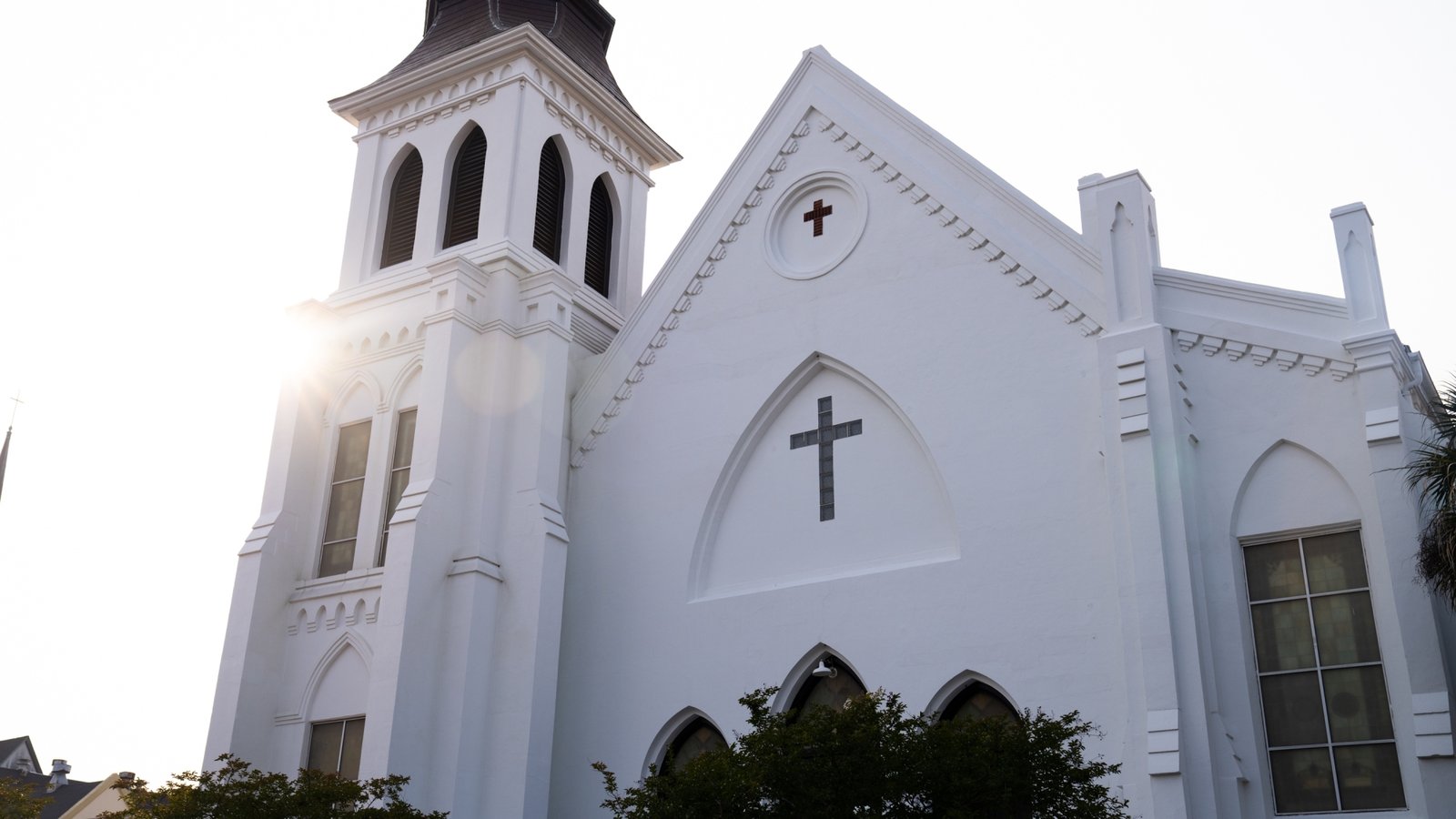University of Minnesota leadership proposed tuition increases and budget cuts across its colleges at a Board of Regents committee meeting Thursday.
Their proposal would increase tuition by 6.5 percent for in-state, undergraduate students at the Twin Cities and Rochester campuses, 5 percent at Morris and 4 percent at Crookston and Duluth.
Out-of-state students at the Twin Cities campus would bear the brunt of the higher tuition increase — 7.5 percent — with undergraduates paying $39,018 for an academic year.
In a presentation to the committee, U of M president Rebecca Cunningham blamed federal funding cuts and flat state support for the projected shortfall.
She said the U has lost around $42 million in research funding in recent months, with more reductions projected for next year. U officials also said with inflation, their real purchasing power fell $75 million.
“To ensure the university is on a path to short- and long-term financial sustainability, our response to this very historic time is reflected in the proposed budget through both targeted cuts and strategic investment,” said Cunningham.
The proposed budget asks individual U of M chancellors and deans to cut 7 percent from each of their colleges. Affected would be academic programs, student services, research infrastructure and support, outreach activities and general operations.
Vice president and budget director Julie Tonneson said leaders expect most cost savings would be from eliminated positions, which are estimated to exceed over 350 U of M staff.
In addition to proposed tuition increases and cuts, U of M officials also shared their desire to reallocate existing funding towards other purposes. Chief among them: addressing underinvestment in their workforce over the years by increasing staff pay. Officials also cited a need to invest in their mission, serving students and a “strategic investment fund.”
“The intent here is to actually stop using our scarce resources to support some activities so that we can direct our investments to current and emerging priorities,” said Tonneson.
In a recent email to staff, dean GerShun Avilez wrote a 7 percent cut means $11 million for the College of Liberal Arts. As result, the college is preparing to possibly reduce its funding for teaching assistants and non-tenure-track faculty by 19 percent in the next two school years.
The changes would be implemented immediately, despite departments having already made instruction plans for the fall semester.
“We understand how abrupt and disruptive this change is,” wrote Avilez.
Faculty and staff react
At a regents meeting for public comment on Thursday evening, some faculty and staff backed the proposed budget changes.
Mark Bee, a professor in the College of Biological Sciences, authored a report on faculty compensation. He said the U of M has sometimes failed to retain and recruit talent because of low compensation.
“When we can't compete for talent, we can't fulfill our mission to the benefit of our students, our communities and to the state of Minnesota,” he said. “The question before you isn't whether we can afford to invest in our workforce, it's whether we can afford not to.”
Others objected; many in the College of Liberal Arts.
“The most tragic part about this is that we're charging our students more, and yet, in their core liberal arts classes, they're going to have higher class sizes. They're going to have TAs with increased workloads. They're going to have exhausted and stressed-out teachers,” said Michael Gallope, a professor and chair in the department of Cultural Studies & Comparative Literature.
Nora Livesay, a staff member in American Indian Studies, said the proposed budget would jeopardize the department. Many of its degree programs rely on teaching assistants and adjunct instructors, and she said no tenure-track faculty are qualified to fill their positions.
“The unusual and extremely short timeframe for these cuts, along with the administration’s directive to make across-the-board programmatic cuts, squeezes small departments out of existence,” Livesay said.
Some faculty shared frustrations about proposing cuts to academic programs instead of cuts to U leadership salaries.
“I'd also question whether it's necessary to assemble quite such a large, centralized pot of reserves in the name of strategic priorities that have not yet been specified or set out,” added Stuart McLean, chair of the Anthropology department.
Regents invite further public comment on the proposed changes until 10 a.m. Tuesday. Written, audio and video comments are accepted on the board’s virtual forum.
They expect to vote on the budget on Wednesday, June 18.




